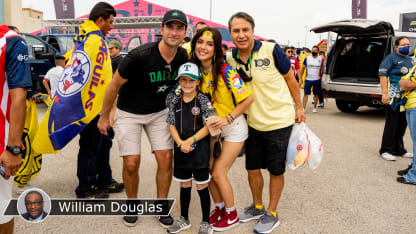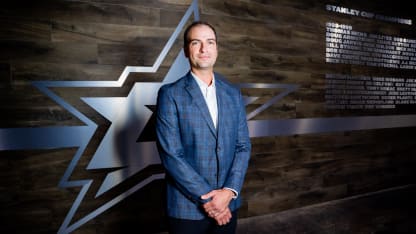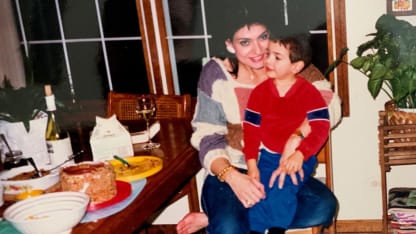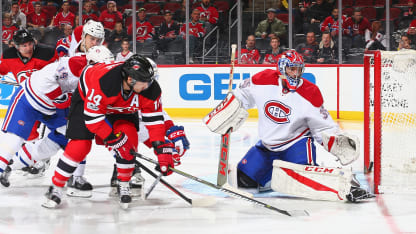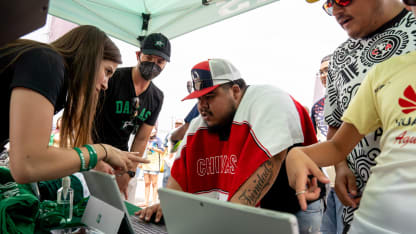Montoya became good enough to play one season for the USA Hockey's National Team Development Program at 16 in 2001-02.
He earned a scholarship to the University of Michigan where he went 86-29-8 with a 2.36 goals-against average and .908 save percentage in 123 games under coach Red Berenson from 2003-05.
Montoya was selected to play for the United States at the 2004 IIHF World Junior Championship in Finland. That team went undefeated (6-0) on its way winning the first title for the U.S. and Montoya was named best goalie in the tournament.
Montoya's play in Helsinki and Ann Arbor prompted the New York Rangers to select him with the No. 6 pick of the 2004 NHL Draft.
He's the third-highest drafted player of Hispanic descent behind Toronto Maple Leafs forward Auston Matthews (No. 1 in 2016), who is Mexican American, and Bill Guerin (No. 5 in 1989, New Jersey Devils), a former forward who is the son of a Nicaraguan mother and American father.
Former forward Scott Gomez, an Alaska native of Mexican-Colombian descent, also was a first-round pick, No. 27 by the Devils in 1998.
Montoya said he felt the weight of history of being Hispanic and a high draft pick from the moment he was chosen. And he embraced it.
"For me it was an honor to tell the stories, to represent the Hispanic community, to be the first player in 100-plus years to give interviews in Spanish in the locker room, to say, 'Here we are, it's a beautiful game and we love it,'" Montoya said.
Montoya never played for the Rangers. New York had a 2000 seventh-round pick (No. 205) named Henrik Lundqvist in their system who would make his NHL debut in 2005.
The Rangers traded Montoya to Phoenix midway through the 2007-08 season. He played his first NHL game on April 1, 2009, under coach Wayne Gretzky, a 3-0 win against the Colorado Avalanche.
"I still have it in my house, the signed score sheet by Wayne Gretzky, and the game puck," he said.
